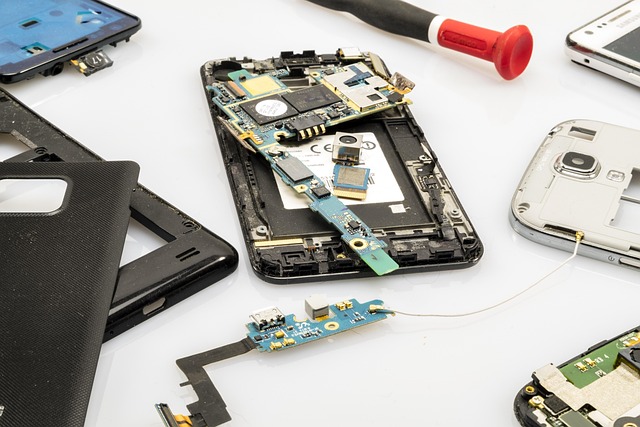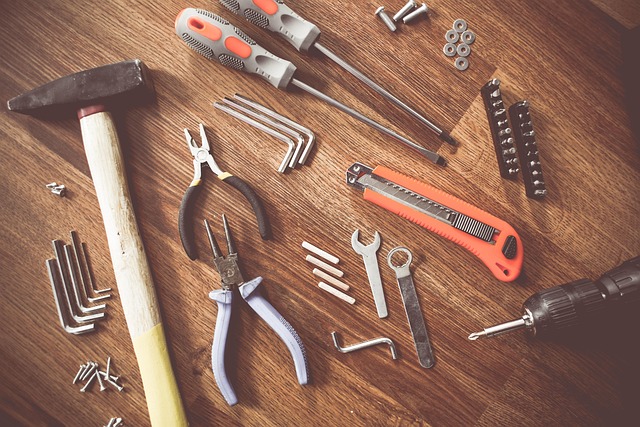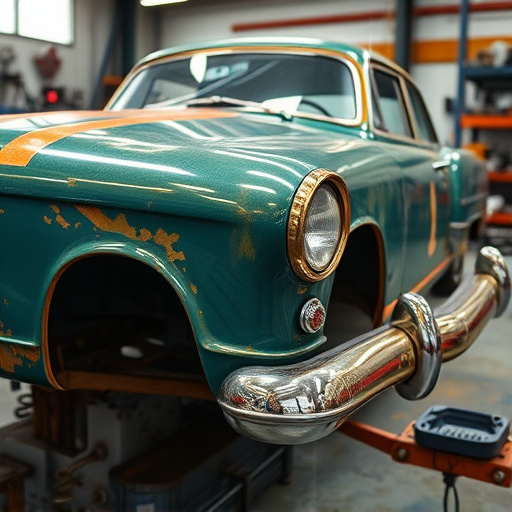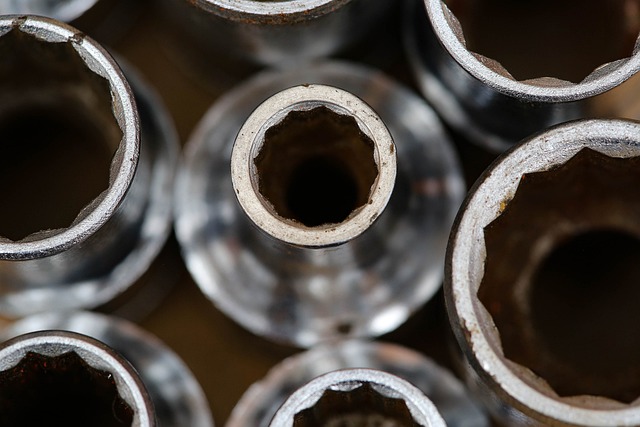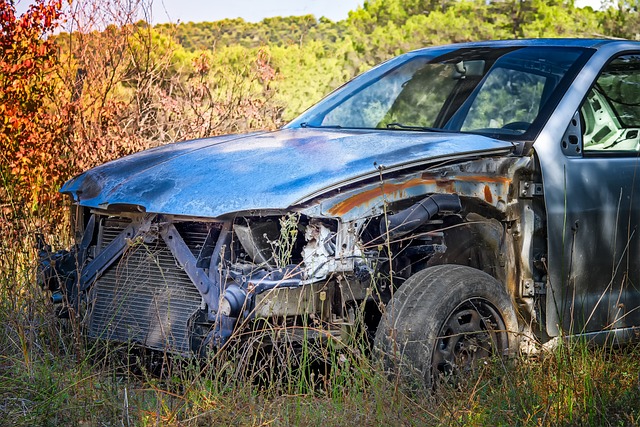Before releasing a restored vehicle onto the road, meticulous preparation is key, encompassing a detailed inspection against original specs, gathering specialized test equipment, and crafting a comprehensive testing plan. Post-repair road testing then rigorously assesses handling, braking, drivability, and critical components across varied conditions, ensuring the vehicle's safety, efficiency, and reliability. A final quality assurance inspection by skilled technicians further guarantees the vehicle meets the highest standards, confirming its readiness for safe operation after repairs.
Post-repair road testing is a crucial step in ensuring vehicle reliability and safety. This comprehensive process involves meticulous preparation, rigorous testing protocols, and stringent quality assurance measures. From inspecting components for damage to simulating real-world driving conditions, each phase plays a vital role in verifying the vehicle’s performance after repairs. By adhering to these steps, mechanics can guarantee not just functional restoration but also enhanced roadworthiness, providing peace of mind for drivers.
- Preparation for Post-Repair Testing
- Conducting Comprehensive Road Tests
- Quality Assurance and Final Inspection
Preparation for Post-Repair Testing

Before conducting any post-repair road testing, a meticulous preparation phase is essential to ensure optimal results. This involves a comprehensive inspection of the restored vehicle, verifying all repairs and replacements against original specifications and industry standards. The preparation stage also includes gathering the necessary test equipment, such as specialized tools for measuring alignment, suspension systems, and brake performance.
Additionally, creating a detailed testing plan is crucial. This plan should outline the specific routes, conditions, and criteria to be evaluated during road testing. By carefully preparing and planning, automotive body shops can guarantee that post-repair road testing will accurately assess the vehicle’s overall performance, safety, and reliability on the road, confirming that the car body restoration meets the highest standards.
Conducting Comprehensive Road Tests

After a successful post-repair process, it’s imperative to conduct thorough road tests to ensure the vehicle performs optimally on the open road. These comprehensive road tests go beyond basic functionality checks by evaluating the car’s handling, braking, and overall drivability in various conditions. During this phase, mechanics pay meticulous attention to details such as tire pressure, fluid levels, and exterior integrity—including the quality of car paint repair and dent removal.
Special consideration is given to how the vehicle behaves on different road surfaces, at varying speeds, and under braking or acceleration. This rigorous testing ensures that any lingering issues from the repair process are identified and rectified promptly. By combining precision inspections with real-world driving simulations, post-repair road testing guarantees that vehicles return to service in prime condition, ready to navigate the roads safely and efficiently.
Quality Assurance and Final Inspection

After the repairs are complete, the next crucial step in the post-repair road testing process is Quality Assurance and Final Inspection. This stage involves a meticulous evaluation of the vehicle’s overall condition to ensure it meets the highest standards. Skilled technicians will perform a comprehensive check, examining every aspect from the exterior paint job and auto detailing to the intricate workings of the engine and frame straightening.
The final inspection ensures that all repairs are not just aesthetically pleasing but also functional and safe. It includes testing key systems like brakes, lighting, and tires to guarantee they operate optimally. This rigorous process is vital in identifying any remaining issues or discrepancies, ensuring customer satisfaction, and confirming the vehicle’s readiness for road use.
Post-repair road testing is a meticulous process that ensures vehicles meet safety and performance standards after repairs. By combining preparation, comprehensive testing, and rigorous quality assurance, mechanics can deliver high-quality results. Incorporating these steps, specifically designed for post-repair road testing, not only guarantees vehicle functionality but also enhances customer satisfaction and promotes effective workshop management.

